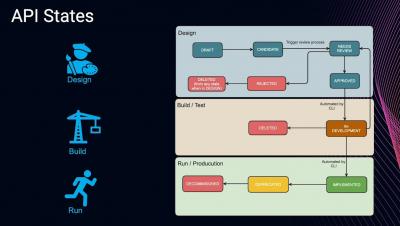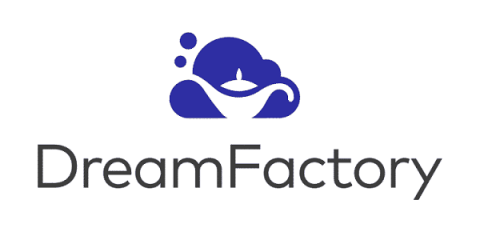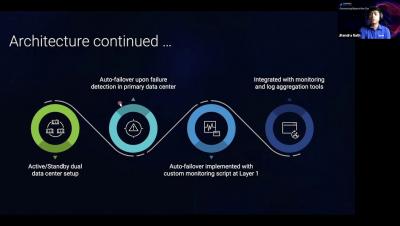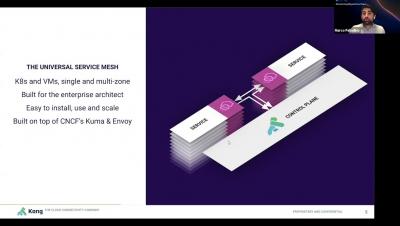Systems | Development | Analytics | API | Testing
API
What is Low Code?
Deploy With Ease and Enable API Automation With Scale
Kong Launches Kong Enterprise on Top Cloud Marketplaces
I’m excited to announce that Kong Enterprise, our modern, scalable service connectivity platform, is now available on top cloud marketplaces, including AWS Marketplace and GovCloud (US) regions, Azure Marketplace, Google Cloud Platform, and Red Hat Marketplace!
JWT Claims With Rate Limiting in Kong
In Kong, plugins can be thought of as policy enforcers. In the case of rate limiting, Kong offers two plugins: An open source one and Enterprise. Both plugins can limit requests per consumer, route, service or globally. Configuring the same plugin is also possible on a more than level. When this occurs, an order of precedence is used to determine which configuration to run. With this capability, it is possible to apply fine-grained policy control. In this article, we cover an advanced use case.
Enter the Next Level: Migrating to Cloud Native Platform
Digital Transformation: What Does It Mean for Small and Medium-Sized Businesses?
Distributed API Management: What You Need to Know
Distributed Multi-Cloud and Multi-Cluster Service Mesh | Kong Mesh
How to Log API Traffic from Envoy Proxy and Monitor Metrics with Moesif
Envoy is a high-performance C++ distributed proxy designed for microservices and service-oriented architecture, as well as a scalable communication bus and “universal data plane” designed for large scale service meshes. Envoy runs alongside every application and abstracts the network by providing common features in a platform-agnostic manner.








